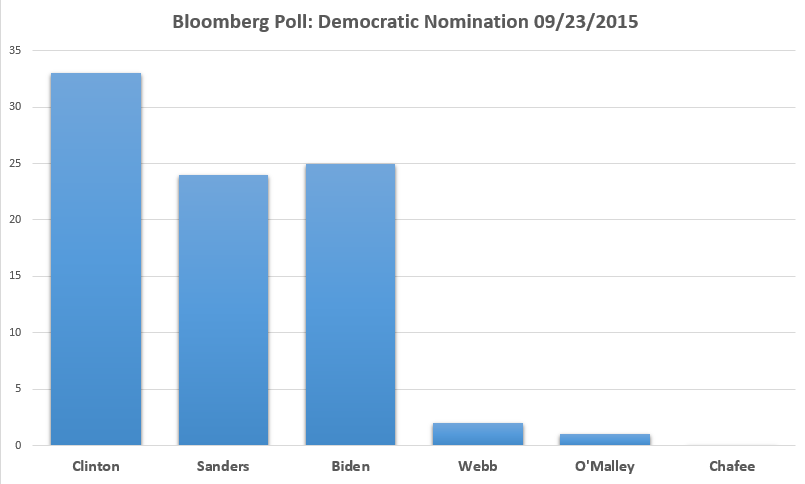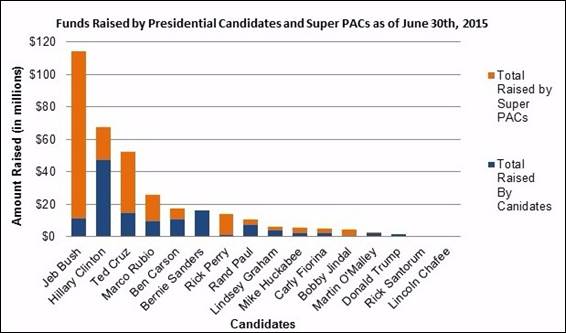Work-Life Balance: Why Millennials Get Hit Hardest

Even with (or maybe because of) the proliferation of apps and technology to help workers connect with their jobs round-the-clock, finding a balance between work and life is getting harder, according to a new report from Ernst & Young.
The study finds that about half of managers worldwide work more than 40 hours a week, and 40 percent say their hours have increased over the past five years. In addition to technology shifts, the “always on” work culture reflects lingering effects of the recession that has left fewer employees handling larger workloads.
The balancing act is particularly difficult for millennials, who are becoming managers just as they enter into parenthood. U.S. millennial parents are the most likely to have a spouse that’s also working at least full-time, and they’re the less likely than older generations to have taken a career break when having children.
Related: 10 Easy Ways to Improve Your Work-Life Balance
More than one in four millennials is working more after having children, compared to 13 percent of Gen Xers and 16 percent of boomers. Millennial parents place a high value on flexibility, and say that a flexible schedule would make them more engaged, less likely to quit, and more likely to work flexible hours. Even so, one in six says they have suffered a negative consequence for working a flexible schedule.
More than half of those surveyed said that they would make job and career changes in order to find a better work-life balance. Those findings echo the results of a CareerBuilder survey released last year which found that a third of workers don’t want a leadership role because they don’t want to sacrifice work-life balance.
Will Trump's Tax Cuts Really Happen? Economists Are Surprisingly Optimistic
Despite all the thorny questions swirling around President Trump's nascent tax reform plan, 29 of 38 economists surveyed by Bloomberg in a monthly poll said they expect Congress to cut taxes by November of next year.
The hitch: The economists don’t expect the cuts will help the economy much. The median projection of a larger group of 71 economists is for 2018 growth of 2.3 percent, up only slightly from 2.1 percent this year — and by 2019, the economists see growth slipping back to 2 percent.




